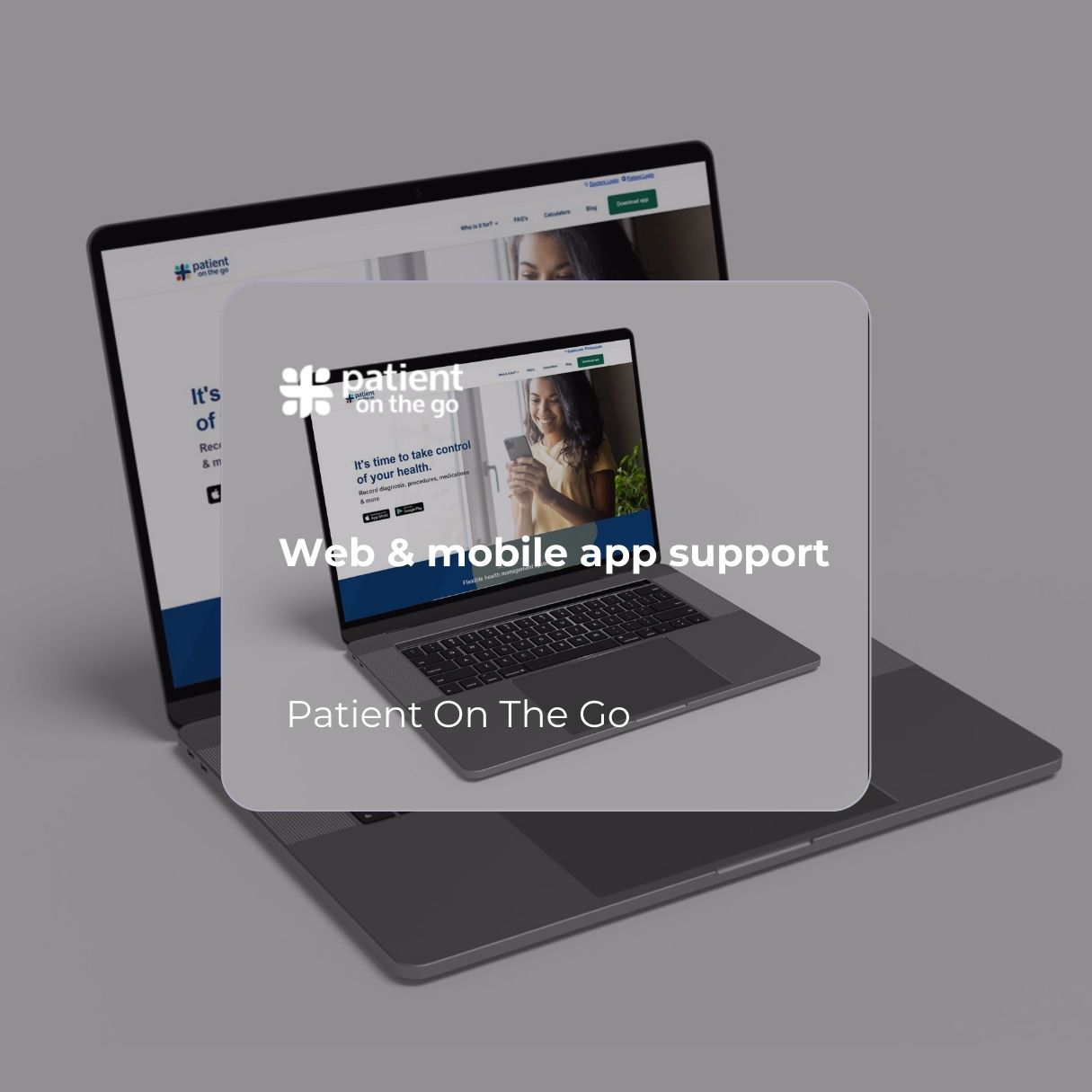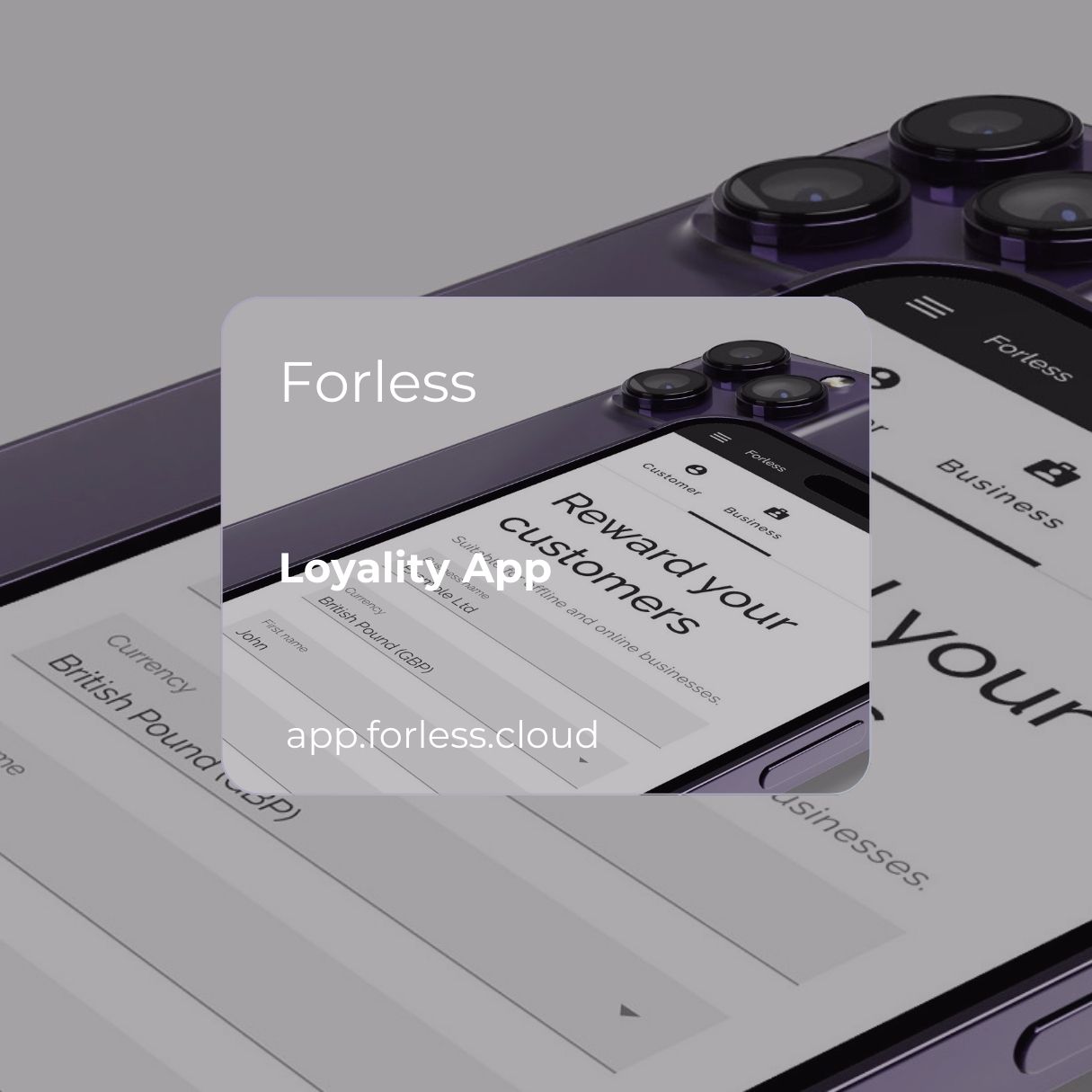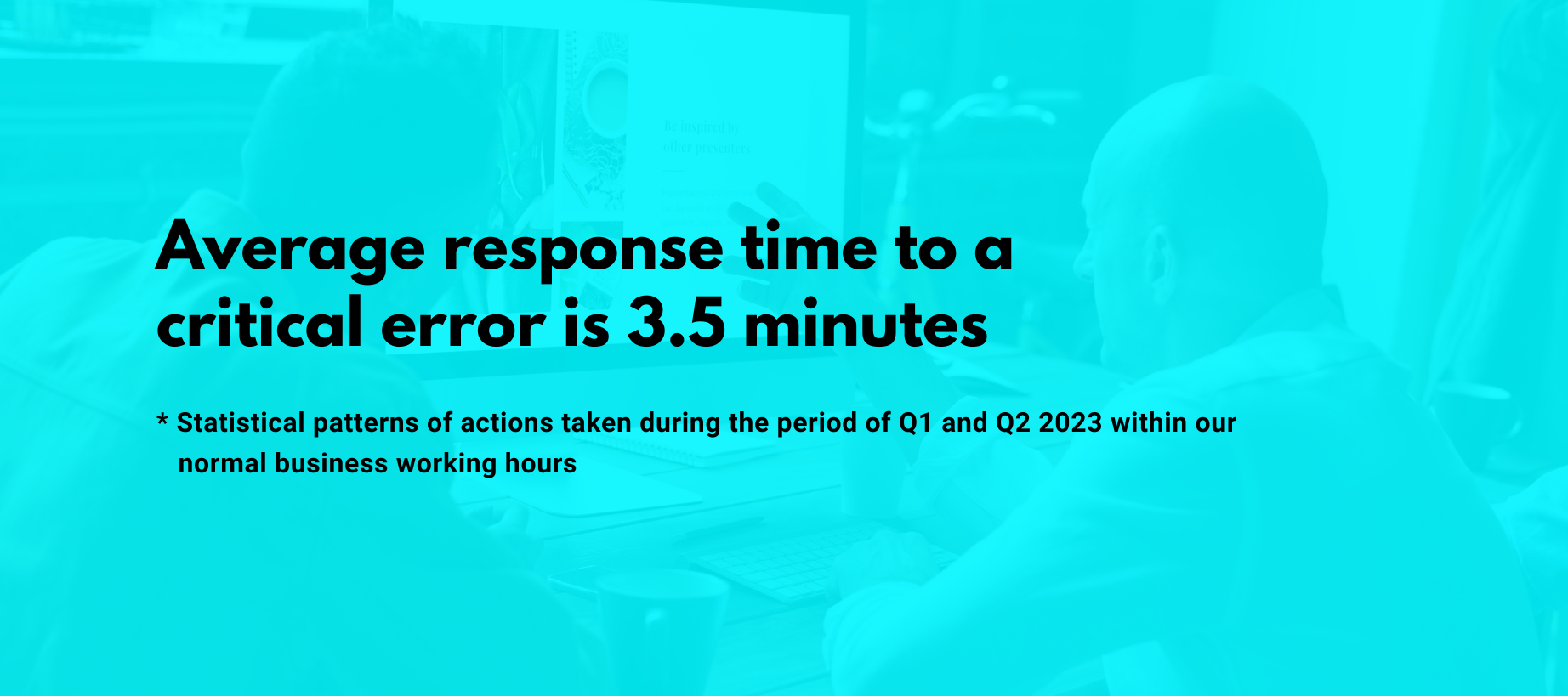5 key aspects of mobile application design #Nuneaton
Mobile applications are usually elaborate projects that require advanced programming knowledge. Below we have introduced a list of five basic aspects, which are worth paying attention to while planning, valuing and implementing a mobile application.
1. Creating a brief for a mobile application
Creating a brief is a crucial stage that requires special attention. The brief includes detailed information such as the app's goals, target audience description, list of functionalities, and work schedule. A well-prepared brief helps in organising work efficiently, avoiding mistakes during the planning phase, estimating costs, and determining the project timeline.
2. Technologies used in mobile app development
After analysing the app's type, purpose, and approximate budget, we determine the most suitable technologies. Efficiency, functionality, flexibility, scalability, and development are among the crucial aspects. To avoid future issues with updates and expansion, we recommend using popular or rapidly emerging solutions, such as Vue.js, React.js, Laravel, Django, TensorFlow, Keras, and PyTorch.
3. Efficiency of mobile apps
The final loading time of an app primarily depends on its efficiency and the available resources of the IT infrastructure (e.g., server computing power). It is crucial to design the app's architecture accurately and optimise the code responsible for data handling to prevent performance issues and avoid high costs associated with maintaining powerful servers for heavy traffic.
We prefer the Scrum/Agile method when creating mobile and web apps. This approach enables relatively quick and flexible project implementation. It involves defining a list of app functions, setting priorities, and working in segmented iterations known as "sprints." Each sprint, lasting from 1 to 4 weeks, introduces new functionalities. After each sprint, the client and the team of programmers discuss implemented changes and specify new goals and their priority.
5. Marketing for a mobile application
After publishing your app, it's essential to promote it to a wide audience. Consider various marketing strategies, such as advertising campaigns on app stores (Google Play, AppStore, AppGallery), social media campaigns, or promotion through platforms like YouTube or your website. Effective advertising should be tailored to your target audience's needs, preferences, and demographics.













